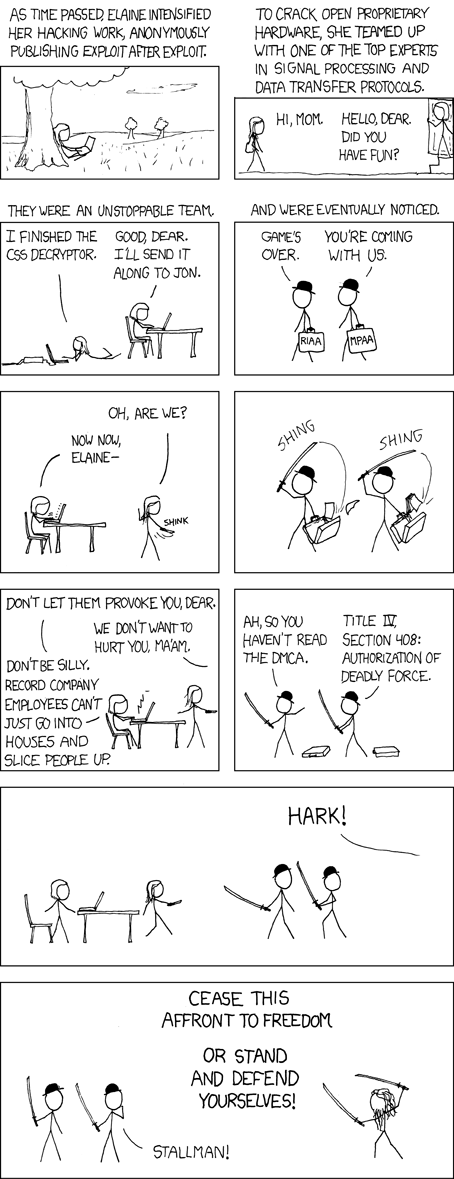Interesting news (by way of an alert from Winston & Strawn) on a series of principles agreed upon by various internet and media companies (though it seems primarily the latter). To wit:
Several of the world’s leading Internet and media companies today announced their joint support for a set of collaborative principles that enable the continued growth and development of user-generated
content online and respect the intellectual property of content owners.
The principles self stated goals are “(1) the elimination of infringing content on UGC Services, (2) the encouragement of uploads of wholly original and authorized user-generated audio and video content, (3) the accommodation of fair use of copyrighted content on UGC Services, and (4) the protection of legitimate interests of user privacy”, though the emphasis would appear primarily to be obligations on operators of services oriented toward user generated content to prevent the misuse of copyrighted materials.
As noted by the Winston article, the principles “…are not a legally binding agreement, and compliance with these principles by a user-generated content service provider does not preclude a copyright owner from filing a complaint for copyright infringement.”
It will be interesting to see the extent to which they’ll be adopted by the marketplace. I have a feeling it may not be all that popular due, in part, to the noteable absence of some of the more prominent user-generated content sites, such the 900 lb video sharing gorilla now under the auspices of the googleplex.

